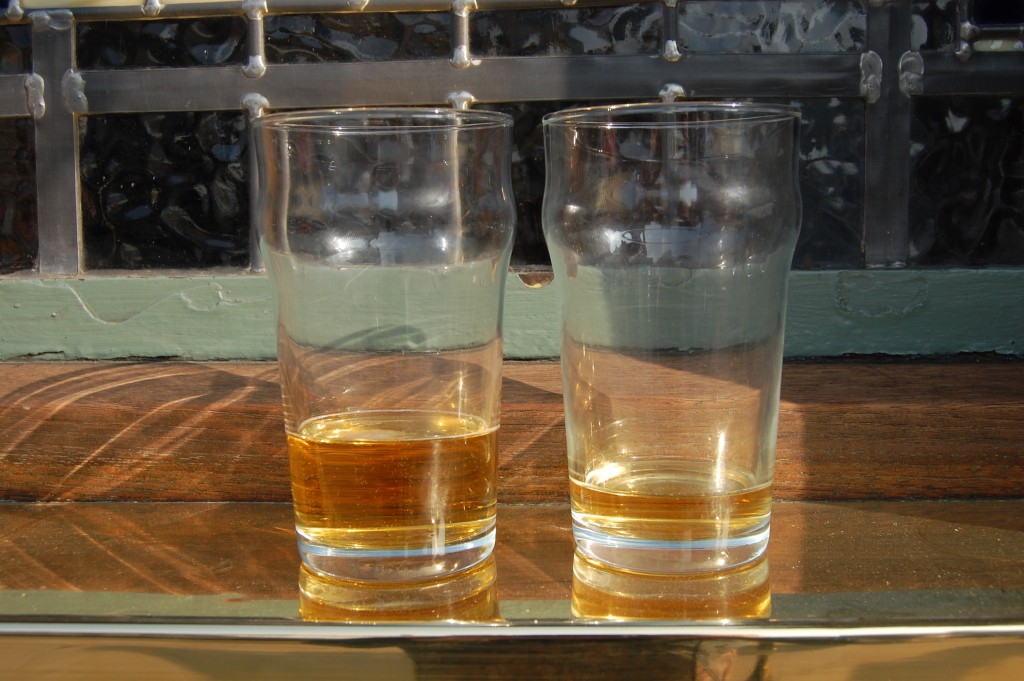Stressed officers are turning to alcohol
POLICE officers are turning to alcohol to relieve to work-related stress, the Police Federation of England and Wales annual conference has heard.
During a session about the increasing prevalence of drink-driving among women, Supt Jane Derrick, in charge of roads policing for Surrey and Sussex Police, said: “We all know colleagues who have been self medicating through alcohol because of the pressures of the job.”
“We are expected to do more with less. There are people who turn to alcohol,” added Supt Derrick.
Victoria Martin, a chief inspector at Durham Constabulary, said: “I have had a close female relative who battled with alcoholism and it has made me very aware of my own drinking. I would urge you to think about your own drinking and that of your partners, sisters and colleagues.”
The theme of this year’s conference was “#CutsHaveConsequences”, and a number of delegates talked about how increasing workloads and falling officer numbers are affecting their morale and wellbeing.
Convictions for drink-driving among women are also going up, the conference also heard.
In 1998, 9% of those convicted for drink-driving were women, which grew to 17% in 2012. The biggest risk group was for women in their late 30s to 50s, the conference heard.
Ch Insp Martin said: “We have a high rate of problem drinking among educated women in this country.”
Earlier this month, the Organisation for Economic Equality and Development found that highly educated professional British women drink more than any other similar group in the western world – and that this was in part due to higher incidents of work-related stress.
Ch Insp Martin said she would like to see the drink-driving limit lowered, an introduction of a minimum unit price for alcohol and for roads policing to “come back onto the agenda”.
The conference also heard from Social Research Associates (SRA) which has looked into why drink-drive rates are going up among women.
The survey found that 40% of women who took part in the study admitted to driving after drinking alcohol, with many not realising they could have been over the limit.
Kris Beuret, Director of Social Research Associates, said: “This is the first specific research on the subject which has shown that many reasons for women drink-driving are gender specific. These include the effects of different metabolism on men and women’s bodies, confusion about how many units are in alcoholic drinks – especially wine – and thinking that the police would be less likely to stop them. In addition some women drove over the limit due to family pressures.
“The study also found that several important messages aren’t getting across to women – and this is reinforced by the generally male dominated imagery of anti-drink driving campaigns.”
With 63% of alcohol being consumed in the home, many women will miss anti-drink drive advertising, she added.

